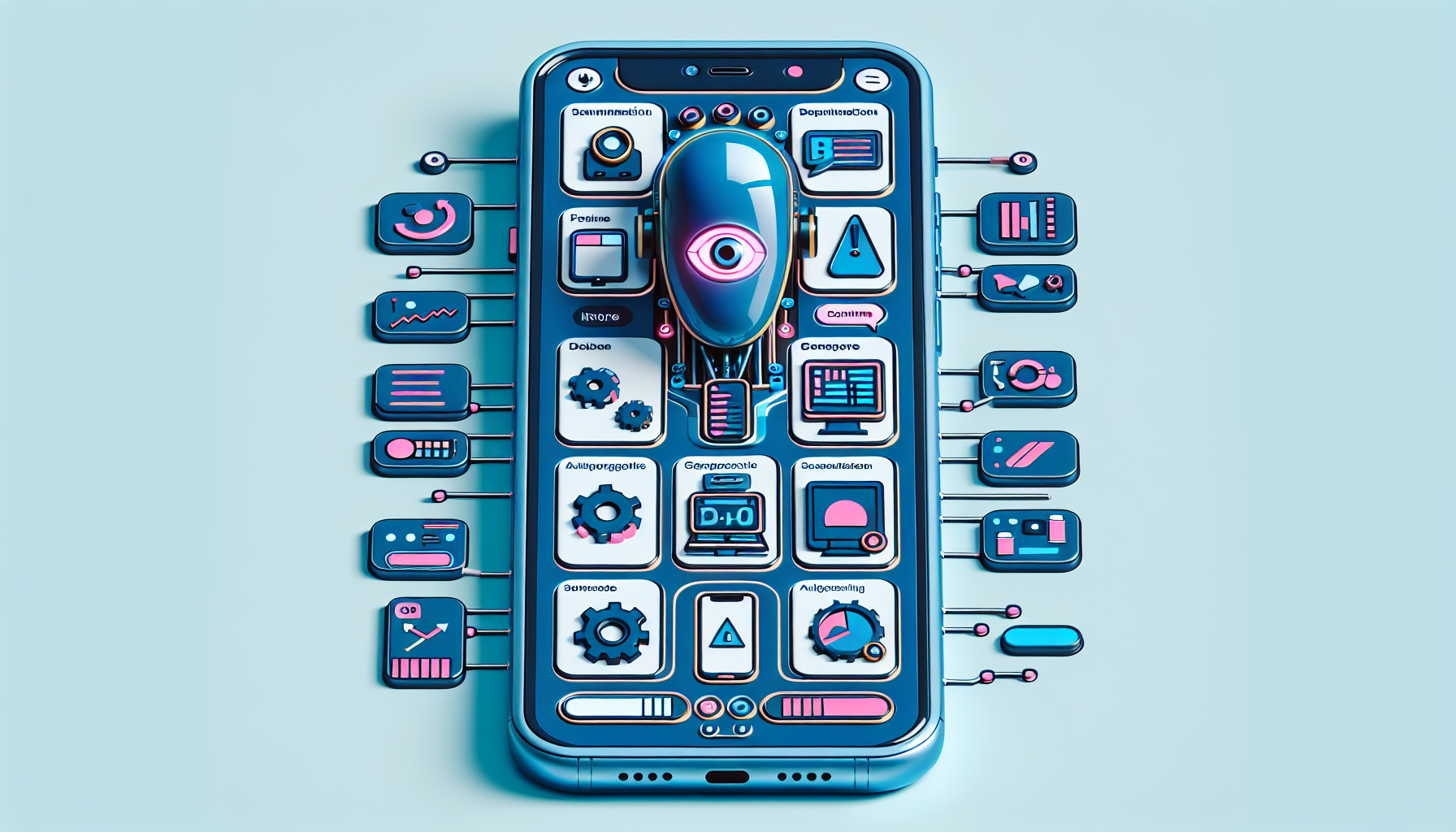 ## iPhone AI: An In-Depth Look at the Frustrations of Certain Android Users
## iPhone AI: An In-Depth Look at the Frustrations of Certain Android Users
As fans of technology, we frequently find ourselves split into two distinct groups: those who eagerly await the newest mobile operating system launches and those who show apathy. For numerous users, the consistent and reliable software updates from Apple have been a significant attraction. Nevertheless, the recent release of iOS 18.1 beta 1 along with its Apple Intelligence feature has underscored a mounting issue recognized by many Android users: fragmentation.
The Reliability of Apple’s iOS Updates
Apple’s yearly Worldwide Developers Conference (WWDC) has consistently been the venue where new iOS iterations are introduced. Usually, by September, the majority of iPhones receive the latest update, with beta programs providing early access as early as June or July. This dependable routine has been a source of reassurance for numerous iPhone users, guaranteeing they always possess the newest features and enhancements.
The Fragmentation Problem with Android
In contrast, Android users have encountered a different situation. To swiftly enjoy the latest Android OS updates, one would typically require a Nexus or Pixel device. Other Android users frequently endure delays of months awaiting approval and rollout of updates by manufacturers and carriers. This fragmentation has long been a source of annoyance for Android advocates yearning for the latest features while facing delays and variability.
The Arrival of Apple Intelligence
With the launch of iOS 18.1 beta 1, Apple introduced Apple Intelligence, a suite of AI-enhanced features aimed at enriching user experience. However, this launch has come with its own set of challenges. Although operating iOS 18 seamlessly, the 2022 iPhone 14 Pro is unable to tap into Apple Intelligence due to hardware constraints. This situation has left numerous users, including devoted iPhone fans, experiencing a glimpse of the frustrations commonly faced by Android users.
Android’s Advancements in Mitigating Fragmentation
Recently, Android has made measurable progress in tackling its fragmentation dilemma. While not every device instantly adopts the latest Android versions, the overall experience has seen more consistency. Enhancements in security updates, app compatibility, and prolonged support from manufacturers have ameliorated the situation. For example, premium Pixel and Galaxy models now provide up to seven years of software support.
The Competition for AI Integration in Smartphones
Both Apple and Google are competing to embed sophisticated AI capabilities into their devices. Google’s Gemini Assistant, unveiled at Google I/O 2024, promises context-sensitive aid on Android devices. However, these innovations come with specific hardware prerequisites. Apple’s AI functionalities require newer Neural Engines and a minimum of 8GB of RAM, while upcoming Android models such as the Galaxy Z Fold 6 and Pixel 9 will be equipped with superior hardware for AI processing.
The Outlook for AI in Smartphones
The fragmentation experienced with the arrival of AI functionalities is likely to be a temporary obstacle. In the near future, new iPhone models beginning with the iPhone 16 will feature Apple Intelligence out of the box. Likewise, impending Android devices will continue to bridge the divide in prompt software updates and feature introductions.
Conclusion
The recent advances in both iOS and Android point to a mutual challenge: finding the right balance between cutting-edge features and widespread accessibility. As both platforms keep evolving, users can anticipate enhancements in hardware and software unification, mitigating fragmentation and improving the overall user experience. While the annoyance from postponed updates and feature restrictions is palpable, the future indicates a more cohesive and integrated smartphone experience.
Q&A Session
1. What is Apple Intelligence, and why can’t older iPhones access it?
- Apple Intelligence is a collection of AI-driven features launched in iOS 18.1 beta 1. Older iPhones, such as the iPhone 14 Pro, do not possess the required hardware, including newer Neural Engines and adequate RAM, to support these features.
2. How has Android tackled its fragmentation problem in recent years?
- Android has made substantial advancements by ensuring more uniform user experiences across devices, prolonging software support, and accelerating the update cycle. High-end devices now provide up to seven years of software updates.
3. What are the hardware requirements for operating advanced AI functionalities on smartphones?
- Advanced AI capabilities necessitate robust hardware. For example, Apple Intelligence requires newer Neural Engines and a minimum of 8GB of RAM. Likewise, forthcoming Android devices like the Galaxy Z Fold 6 and Pixel 9 will have enhanced RAM and processing power.
4. Will future iPhones and Android devices resolve fragmentation issues?
- While fragmentation might not be entirely eradicated, future devices are anticipated to noticeably diminish these issues. New iPhone models will incorporate Apple Intelligence by default, and Android devices will keep enhancing their capabilities for timely updates.
5. What distinguishes Apple’s and Google’s methods of AI integration?
- Apple’s strategy emphasizes on-device processing to prioritize user privacy, requiring certain hardware. Google’s strategy, highlighted by the Gemini Assistant, centers around context-sensitive assistance, also necessitating robust hardware but potentially differing in emphasis on cloud integration.
6. Why do some users favor iPhones over Android models?
- Many users opt for iPhones due to their consistent and timely software updates, seamless ecosystem integration, and uniform user experience. However, recent advancements indicate that Android is narrowing the gaps in these categories.
For more insights on the latest in mobile technology, visit Lonelybrand.